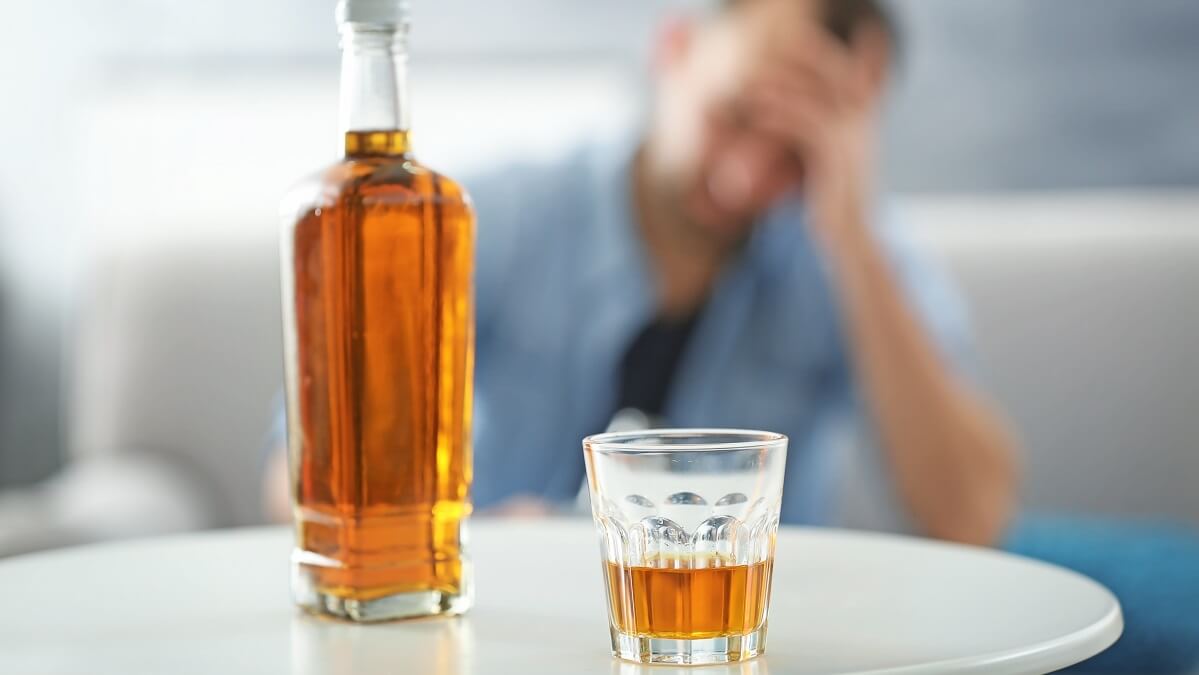Could a jab be the key to curing alcoholism? It sounds like a radical solution, but early research has shown some extremely promising results.
The jab being trialled for the treatment of alcoholism is not a vaccine. In this case the injection will, when effective, reset the pathways in the brain associated with pleasure. This will, in turn, reset the brain’s craving for alcohol, helping the patient back to a sober life.
That’s the theory, anyway, and the researchers say that, based on early results, the treatment is “incredibly effective”.
How did scientists arrive at the idea of an ‘alcoholism jab’?
As is often the case with medical research, this treatment method is an adaptation of a treatment for another condition, in this case a form of gene therapy used to treat Parkinson’s disease.
In both illnesses the brain is the target of the treatment, and both treatments involve surgery. Playing a key role in both the cause of, and solution for, alcoholism is the chemical dopamine.
Dopamine is strongly linked to the human pleasure and reward system. In the case of alcohol, consumption triggers the release of dopamine, leading to an urge for more.
In alcoholics specifically, the amount of dopamine produced is lower than the human average. Thus, a greater amount – or a more regular ‘dose’ – of alcohol is required to attain the same level of reward.
In the most serious cases of alcoholism, this leads to a rewiring of the brain. The process creates what the study’s authors call a ‘sustained dysfunction of reward circuitry’.
The jab itself
If you’re like me, when you think about injections you’ll imagine a needle in upper arm muscle. Or perhaps in some cases, having to bend over and take one in the gluteus maximus. Not so in this case. \
The alcoholism treatment entails implanting a virus via injection directly into a specific area of the brain.
Injecting a virus into your brain may sound radical, and it is. But the implanted virus is not harmful and, said co-senior author Kathleen Grant, PhD, “this was incredibly effective”.
The virus carries a gene that codes for a protein known as glial-derived neurotrophic factor, or GDNF, which is a known growth factor. And this study showed enhanced function of neurons in the brain that synthesize dopamine. In other words, it helped the brain produce more dopamine.
Sounds like great news. What happens next?
The results of this research are indeed promising, but we’re still some distance from taking this therapy from the lab to the jab. A number of considerations have to be taken into account.
Firstly, the new research involved not humans but rhesus macaque monkeys. The truth of medical research is that many results from animal trials end up not being reproducible in humans. On the other hand, many of those trials involve mice. The rhesus macaque is a primate like us, at least.
Secondly, while a dopamine boost can help reset the brain in terms of alcoholism, activating the neurons producing it may have other effects. Only further research will be able to determine if there are side-effects, and if they are positive nor negative.
Still, for sufferers of alcoholism and those affected by the illness, this research is welcome news. It could be an important first step to dealing with a major health issue.
Do you know someone who has had a problem with alcohol dependency? What treatments have they tried? Have they been successful? Let us know via the comments section below.
Also read: Does drinking alcohol make snoring worse?
Disclaimer: This article contains general information about health issues and is not advice. For health advice, consult your medical practitioner.

